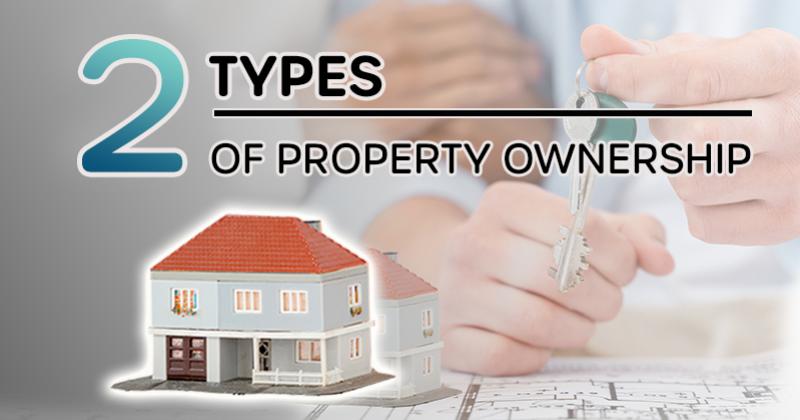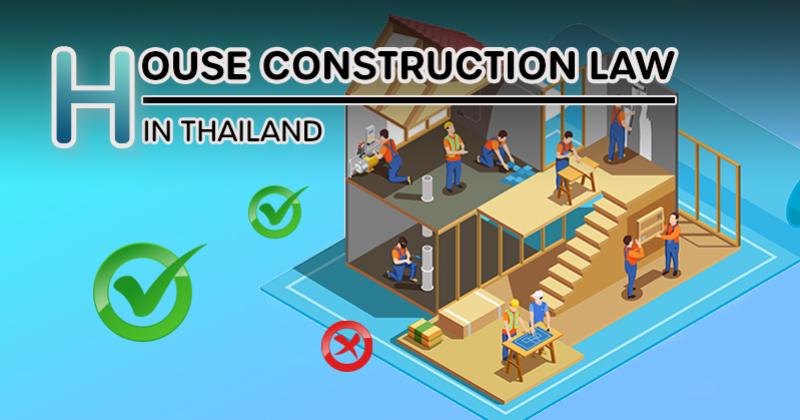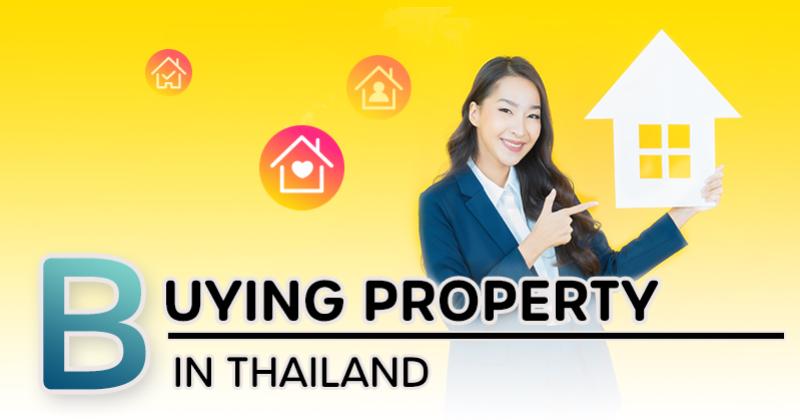
Created : 19 Sep 2022
Updated : 20 Sep 2022
Property Ownership
Foreign nationals who purchase real estate in Thailand can hold property through a variety of ownership structures. The three most common forms of ownership used by foreigners to hold real estate are leasehold, freehold through a condo title, and freehold through acquisition by a Thai company.
Freehold means that a property can be owned outright in your name forever. Individual units in a condominium building may be owned freehold by foreign nationals.
Leasehold means that the building or land is held on a lease from the land or building owner. The longest registered lease permitted by Thai law is 30 years which will be registered at the Land Department. It is common to contractually agree options to renew the lease for additional extensions beyond the initial 30 year period.
A Thai Company is an indirect means of foreign ownership typically for land and villas but commonly for condominiums as well. There are strict rules in setting up and/or maintaining a Thai Company when foreign nationals are involved. Which structure primarily depends on the ‘type’ of property (condominium or house/villa) you are interested in purchasing.
Condominium Ownership (Freehold/Leasehold) There is one freehold option for Foreigners wanting to buy property in Thailand with the Thai condominium act allowing foreigners to buy freehold. One important fact is that the condominium developer must ensure that only 49% of the total area of the development is sold to owners freehold.
The other 51% of space in the development is available for foreigners to buy, but the only options would be to own the with a Thai limited company or leasehold as described above. It is entirely possible for the Thai quota to exceed over 51% of the total ownership of a buildings salable area but the condominium act states that foreign quota can never exceed 49%.
Leasehold Ownership In some of the holiday destination markets in Thailand, it is common for the foreign ownership quota to be filled. Due to demand from non-Thai nationals in these markets the developer will offer the rights to units outside of the foreign quota on a leasehold basis.
A 30 year lease period is legally protected under Thai law and ownership cannot be disrupted. It is common for developers to offer an additional two terms of 30 contractually obligating a total of 90 years. Leasehold structures have to be examined on a case by case basis looking into the security. Prior to purchasing a leasehold property it is important to secure a copy of the lease agreement or get further clarity on these three points.
1 – Who is the lessor? (an individual or a Thai Company) Securing a lease from a Thai Company offers much more security than a private individual. 2 – Do I have voting rights as a Lessee? (Some lease contracts do not allow lessee to have voting rights) 3 – Is there a succession clause in the lease agreement that will allow inheritance of the lease? Condominium and Villa/House Ownership
Condominium Ownership Condominium ownership is best explained by looking at an example of a project that has 100 units for sale. In this example, 49 of the total units in this building (or 49% of the total salable area) can be owned outright by non-thai nationals in their name. The ownership titles of these 49 units is referred to as Freehold or Foreign Quota.
This leaves 51 units remaining in the building (or 51% of the total salable). The freehold rights to these units are reserved for Thai nationals in what is commonly referred to as the Thai quota. It is entirely possible for the Thai quota to exceed over 51% of the total ownership of a buildings salable area but the condominium act states that foreign quota can never exceed 49%.
Villa or House Ownership (Landed Property) Landed property ownership for non-Thai nationals is best explained by separating the physical building from the land itself. The building (the bricks and mortar) can be owned by a non-Thai national outright in their name in what is called the house registry which secures ownership indefinitely of the structure.
In Thailand non-Thai nationals cannot own land outright in their name. Land can be controlled through either a Thai Company or a long-term registered lease. The longest registered lease term by Thai law is 30 years and most developers will offer 3 terms for a total of 90 years. These two methods are the most common vehicles for securing land interest in Thailand.

